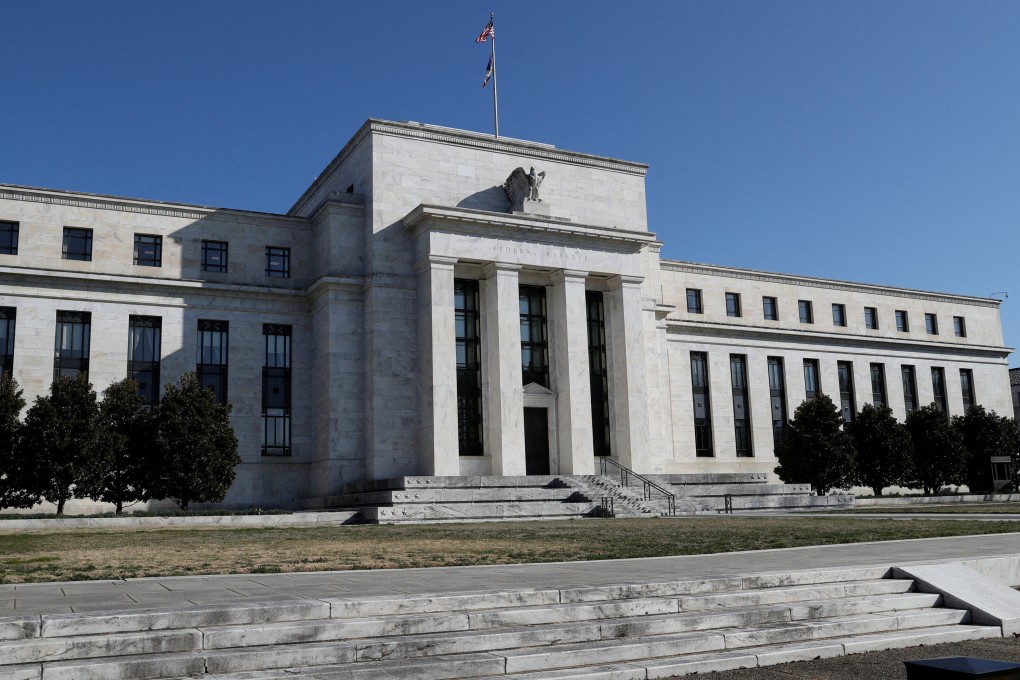Macroscope | Markets think they know how US, China central banks will respond to recession warnings – but do they?
- The likelihood of slower growth in China and the US than previously forecast is, in large part, derived from deliberate policy choices in Beijing and Washington
- Investors may be mistaken in betting that China’s growth will continue to slow as policymakers focus on containing Covid-19. And they are almost certainly wrong that a monetary policy U-turn is coming in the US

“The world may soon be teetering on the edge of a global recession,” wrote Pierre-Olivier Gourinchas, chief economist of the International Monetary Fund, last week. Alarming words that resonate with a lot of current thinking in financial markets – but markets may be mispricing recession risks.
But the IMF didn’t just single out China. Its updated outlook expects the US economy to expand by 2.3 per cent in 2022 – 1.4 percentage points lower than its April forecast. And Japan is now expected to achieve just 1.7 per cent growth this year, after the Fund cut its April projection by 0.7 percentage points.

These IMF downgrades to its GDP growth forecasts have understandably garnered media attention, but the key word is “forecasts”. What arguably matters most is why we are where we are, and what that means going forward.
The likelihood of a more subdued pace of economic expansion in China and the US than previously expected by the IMF, and perhaps even more importantly by markets, has not come about by accident. In large part, it derives from deliberate policy choices in Beijing and Washington.
As for Japan, given the importance of its export sector and of China and the US as export destinations, it’s logical for analysts to mark down projections for the Japanese economy if they have done so for the economies of China and the United States.

